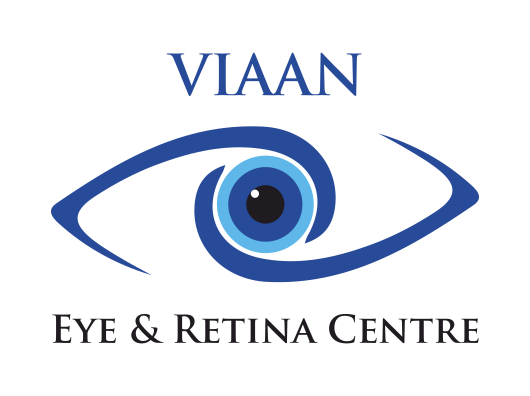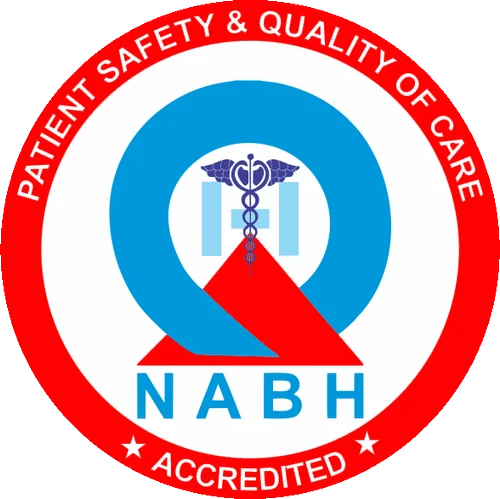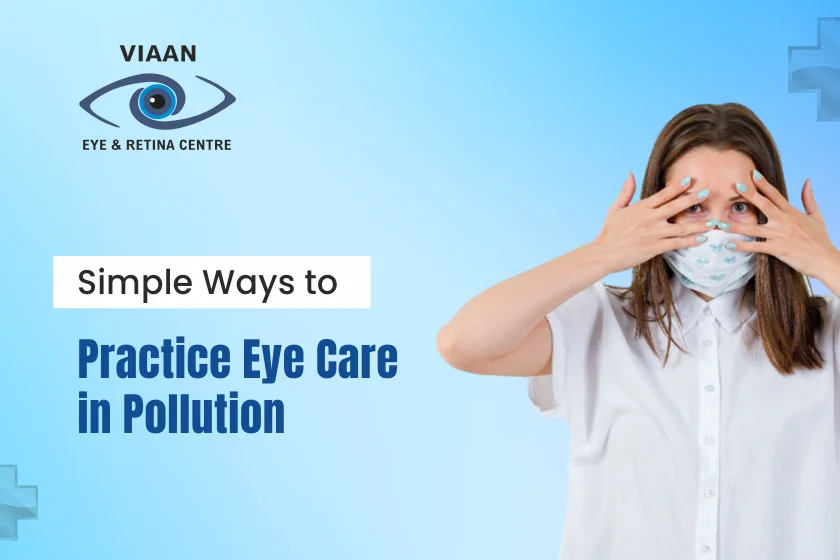Air pollution has become a serious problem today. Every day, we breathe in air filled with smoke, dust and harmful gases. These pollutants are dangerous for our body and also for our eyes. The eyes are very delicate and sensitive. They are always open to the air around us, so they get affected easily. When pollution levels go up, the eyes may start to feel dry, itchy or red. Taking care of your eyes during such times is very important. Practicing eye care in pollution helps protect your eyes from damage and keeps your vision healthy and clear.
How Pollution Affects the Eyes
Pollution has many harmful effects on the eyes. The dust and smoke present in the air settle on the surface of the eyes and cause irritation. The eyes may start to burn or feel like something is stuck inside. In some cases, pollution can also cause infections or allergic reactions. Continuous exposure to polluted air can make the eyes weak and tired. It can also lead to blurred vision if care is not taken. To avoid these problems, regular eye care in pollution is necessary for everyone, especially those who live in cities or travel daily.
Easy Ways to Take Care of Your Eyes During Pollution
Wash the Eyes Regularly
One of the simplest ways to protect your eyes is to wash them properly every day. After coming home from outside, wash your face and eyes with clean, cool water. This helps remove dust, smoke and tiny particles that stick to the eyes. It also makes your eyes feel fresh and comfortable. People who spend a lot of time outdoors should make this a habit. Rinsing the eyes twice a day reduces irritation and prevents infections. Keeping your eyes clean is an easy and effective step in eye care in pollution.
Wear Protective Glasses
Wearing sunglasses or protective glasses is a smart and simple way to guard your eyes against pollution. These glasses act as a shield and prevent dust and smoke from entering your eyes. They also block harmful sunlight, which can make eye problems worse. Choose large or wrap around glasses that cover your eyes from all sides. Even on cloudy days, it is good to wear them because pollution can still harm your eyes. Using sunglasses daily is a small but powerful way to support eye care in pollution.
Keep the Eyes Moist
Pollution can make the air very dry. This dryness affects the natural moisture of the eyes and causes a burning or gritty feeling. To avoid this, keep your eyes moist. You can use lubricating eye drops or artificial tears after asking your doctor. These drops help keep your eyes hydrated and clean. Drinking enough water during the day also keeps your eyes naturally moist. Using a humidifier at home can help reduce dryness in the air. These simple habits keep your eyes healthy and help with eye care in pollution.
Maintain Clean Habits
Good hygiene is important for keeping your eyes safe. Do not rub your eyes with dirty hands because this can spread germs and cause infections. Always wash your hands before touching your eyes or face. If you wear contact lenses, clean them properly and replace them as suggested by your doctor. Make sure your glasses are free from dust and fingerprints. Also, wash your pillowcases and towels regularly. Clean habits prevent infection and play a major role in eye care in pollution.
Eat Foods That Are Good for the Eyes
The food you eat can help protect your eyes from the effects of pollution. Vitamins and minerals make the eyes stronger and healthier. Foods rich in Vitamin A, C and E are especially good for the eyes. Eat carrots, spinach, tomatoes oranges and almonds. These foods help repair and protect your eyes from damage caused by pollution. Omega 3 fatty acids found in fish and flaxseeds also help reduce dryness. A healthy diet supports your eyes from the inside and improves eye care in pollution.
Drink Enough Water
Drinking enough water every day is very important for your eyes. When your body is well hydrated your eyes stay fresh and moist. Pollution can dry out your eyes, making them itchy and tired. Drinking water throughout the day helps prevent this problem. You can also include drinks like coconut water or fresh juices to stay hydrated. Keep a water bottle with you and sip often. Proper hydration is a simple but effective part of eye care in pollution.
Reduce Screen Time
Many people spend long hours looking at screens for work or entertainment. Too much screen time causes strain and dryness, especially when the air is polluted. Try to follow the 20 20 20 rule. After every 20 minutes, look at something 20 feet away for 20 seconds. This helps your eyes relax and reduces fatigue. Also, adjust your screen brightness and keep the screen at a comfortable distance. Reducing screen time gives your eyes a break and improves eye care in pollution.
Keep Indoor Air Clean
The air inside your home or office can also be polluted. Dust, smoke and other small particles can affect your eyes even indoors. Use an air purifier to keep the air clean. During times of high outdoor pollution, keep windows closed. Avoid smoking inside the house because smoke irritates the eyes and increases pollution indoors. You can also keep indoor plants like peace lilies and spider plants to improve air quality. Clean surroundings help your eyes stay healthy and are an important part of eye care in pollution.
Get Enough Sleep
Sleep is important for eye health. When you sleep your eyes rest and repair themselves. Pollution makes your eyes tired faster, so they need proper rest every night. Adults should sleep at least seven to eight hours. Good sleep keeps your eyes fresh and reduces redness and dryness. Try to sleep in a clean room with fresh air and avoid looking at screens before bed. Adequate rest is a natural and easy way to support eye care in pollution.
Visit an Eye Doctor Regularly
Even if your eyes feel fine, regular check ups are important. Pollution can cause slow and hidden damage that you may not notice. Visiting an eye specialist once or twice a year helps you find and treat any problems early. The doctor can suggest suitable drops or other treatments based on your needs. Regular check ups ensure your eyes stay healthy for a long time. Consulting a specialist is a very important part of eye care in pollution.
Try Simple Home Remedies
There are some simple home remedies that can help soothe tired eyes. You can apply cold compresses or place cotton pads soaked in cold water over your eyes for a few minutes. It helps reduce redness and puffiness. You can also use cucumber slices or rose water to cool and refresh your eyes. These gentle remedies calm irritation and are easy to do at home. Natural care methods support overall eye care in pollution without any side effects.
Conclusion
Pollution affects everyone and protecting the eyes from its harmful effects is necessary. Clean habits, healthy food and proper rest can make a big difference. Washing your eyes, wearing sunglasses and staying hydrated are simple but effective ways to protect your eyes every day. Regular visits to the eye doctor also help in keeping your vision safe. Good eye care starts with small daily actions.
For expert help, trusted advice and advanced eye treatment, Viaan Eye and Retina Centre, known as one of the best eye hospital in Delhi NCR, offers professional care for all types of eye problems. With the right care and attention you can keep your eyes safe, healthy and bright even in polluted environments.



